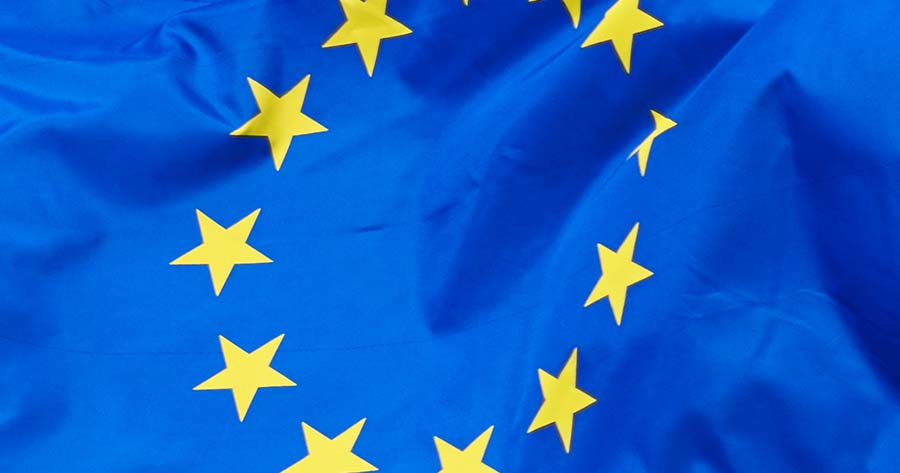Eurozone business activity contracted for a second straight month in August as the cost of living crisis forced consumers to cut spending while manufacturing was further hampered by supply shortages, a survey showed on Tuesday.
According to the ‘flash’ report, the seasonally adjusted S&P Global Eurozone PMI Composite Output Index fell to 49.2 in August from 49.9 in July. After 16 consecutive months of expansion, the index showed a second consecutive decline in economic activity across the Eurozone. Although still minor, the recent drop was more sharper than the one recorded in July.
A reading above 50 indicates expansion, while a reading below 50 reflects contraction.
The overall decline in output was led by a contraction in the manufacturing sector, where production fell for the third month in a row and at a solid pace.
The largest economies in the Eurozone saw the biggest drops in business activity. Germany’s manufacturing production fell by an even larger margin, while the country’s services sector shrank at its fastest pace since June 2020, leading to the country’s worst decrease in output since then. A steep dip in industrial output and slower growth in the services sector contributed to the first decline in French activity in a year and a half. Aside from the ‘big two,’ production kept going up, albeit slowly.
“The latest PMI data for the eurozone point to an economy in contraction during the third quarter of the year. Cost of living pressures mean that the recovery in the service sector following the lifting of pandemic restrictions has ebbed away, while manufacturing
remained mired in contraction in August, seeing another record accumulation of stocks of finished goods as firms were unable to shift products in a falling demand environment. This glut of inventories suggests little prospect of an improvement in manufacturing production any time soon,” said Andrew Harker, Economics Director at S&P Global Market Intelligence
“The remainder of 2022 is therefore looking to be one of struggle for firms across the eurozone,” he added.





